jward
passin' thru
| africa, and the Sahel in particular, have seen the most rapid growth in extremist activity in recent years. As France transitions out, the counterterrorism efforts are likely to suffer, it is likely to grow exponentially worse. This, along with the burgeoning # of coups ocuring in the area, seem to justify one of those dreaded deep dive focuses/threads: |
Region In Focus
The Sahel
Islamist fighters in Mali. (Photo: Magharebia)
The Sahel has seen the most rapid growth in violent extremist activity of any region in Africa over the past two years. The region is also a nexus of criminal networks and illicit trafficking and has experienced a rise in farmer-herder violence. The Sahel, moreover, has the fastest population growth rate on the continent, despite being among the poorest and facing some of the most fragile environmental conditions. Consequently, migrants from the Sahel constitute a significant share of those trying to cross the Mediterranean into Europe. All the while, emerging democratic institutions are trying to gain traction in the region. Here is a selection of Africa Center work on the region.
Burkina Faso Crisis Continues to Spiral
August 29, 2023
Following two military coups d’état in 2022, militant Islamist groups in Burkina Faso have moved to encircle Ouagadougou leaving a trail of unprecedented violence in their wake.
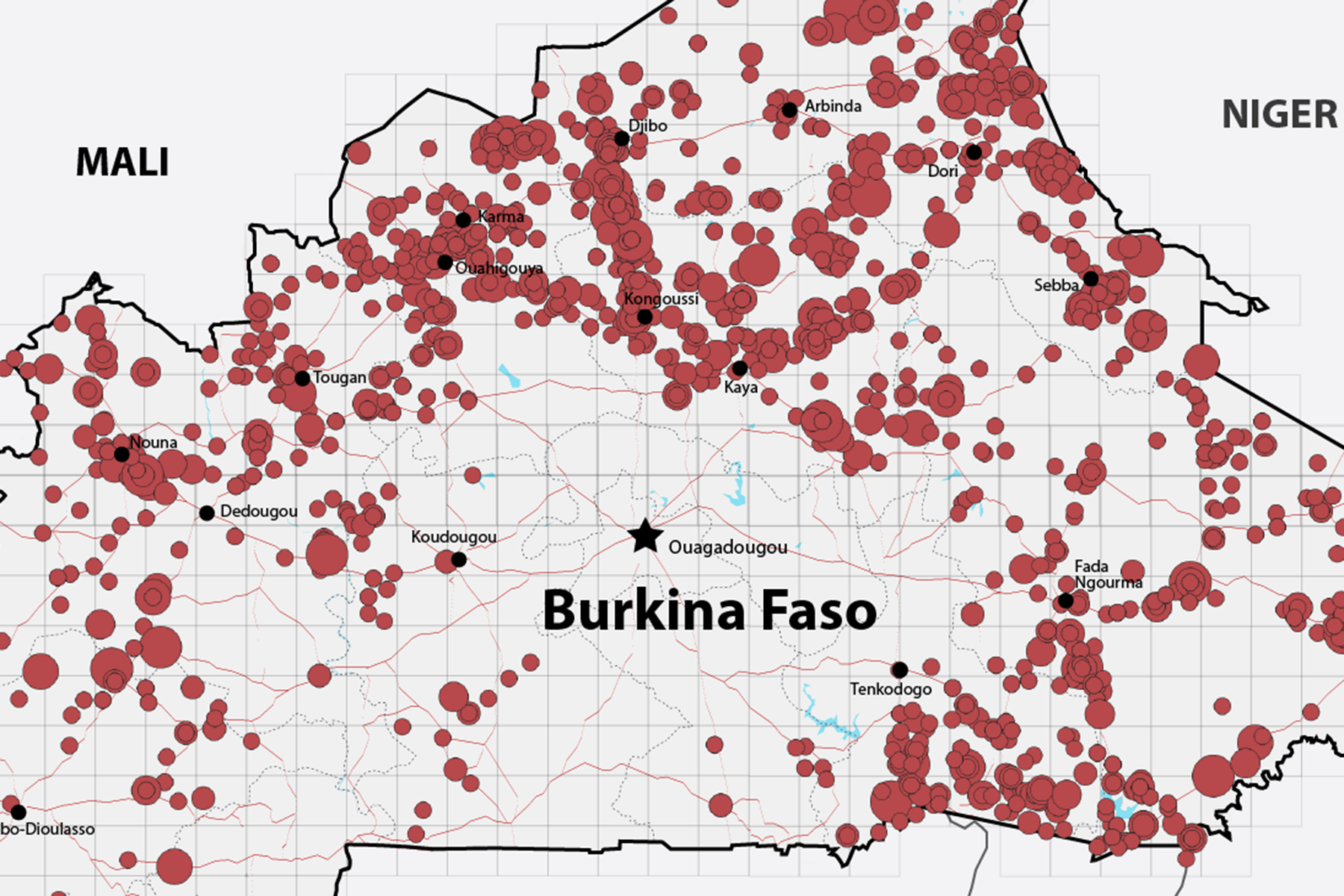
Burkina Faso Crisis Continues to Spiral – Africa Center for Strategic Studies
Following two military coups d’état in 2022, militant Islamist groups in Burkina Faso have moved to encircle Ouagadougou leaving a trail of violence.
 africacenter.org
africacenter.org
African Militant Islamist Group-Linked Fatalities at All-Time High
July 31, 2023
A 50-percent spike in fatalities tied to militant Islamist groups in the Sahel and Somalia over the past year has eclipsed the previous high in 2015 when Boko Haram was at its most lethal phase.
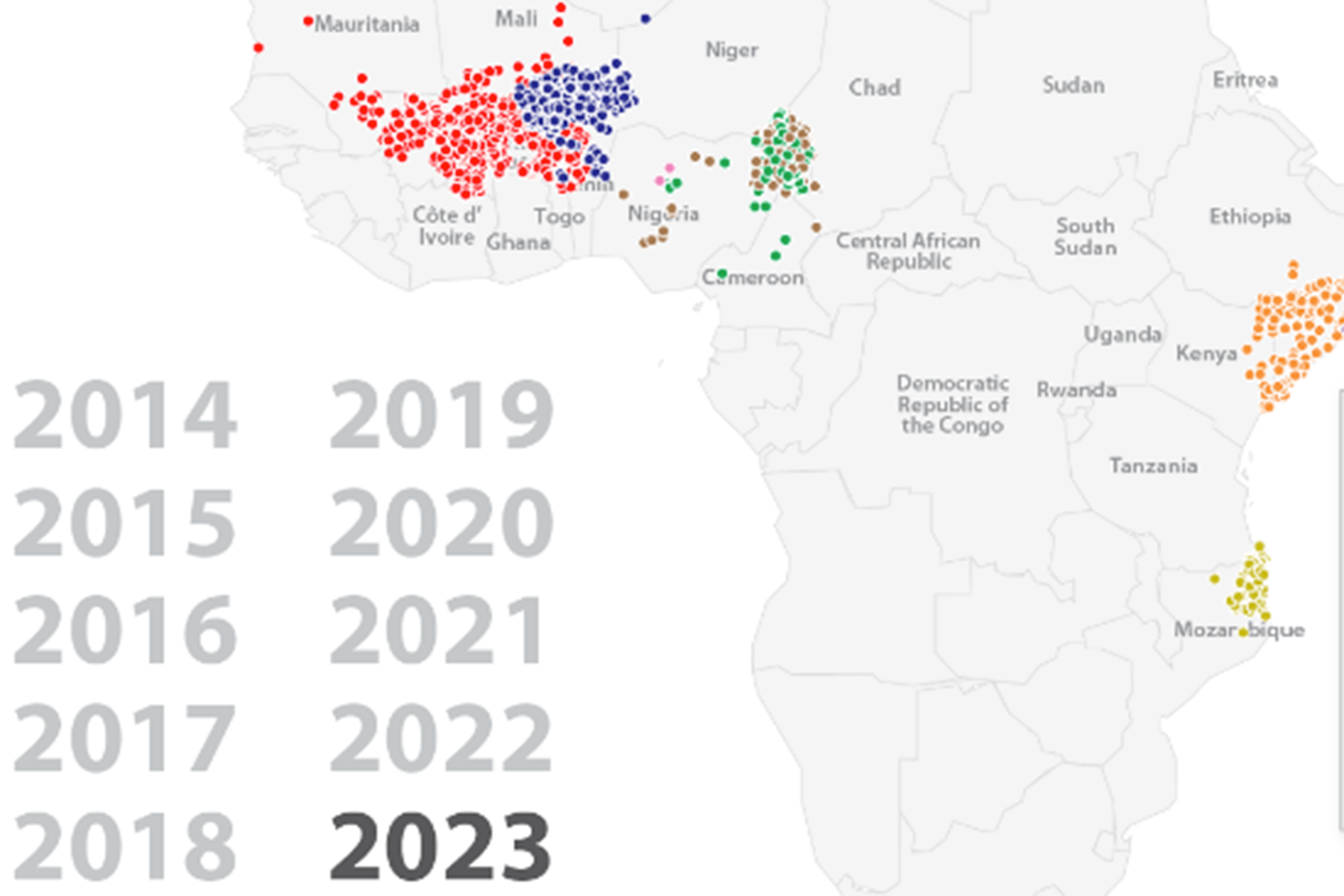
African Militant Islamist Group-Linked Fatalities at All-Time High – Africa Center for Strategic Studies
A 50 percent spike in fatalities tied to militant Islamist groups in the Sahel and Somalia over the past year.
 africacenter.org
africacenter.org
Attempted Coup in Niger: Backgrounder
July 27, 2023
The attempted military coup in Niger threatens to undermine the relative progress the country has made under its civilian democratic leaders and amplifies Niger’s risks for insecurity, economic crises, and political instability.
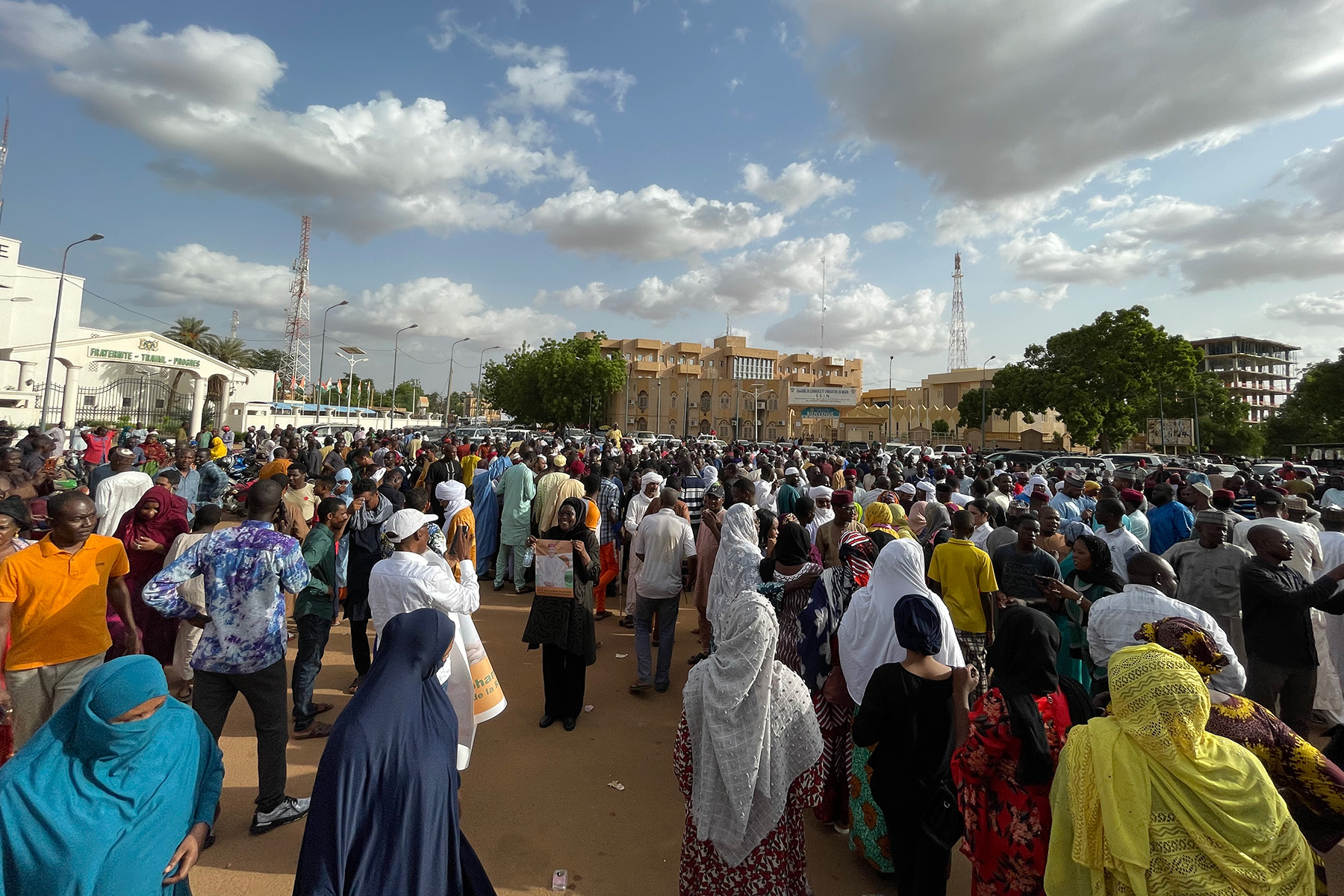
Attempted Coup in Niger: Backgrounder
The attempted military coup in Niger threatens to undermine the relative progress the country has made under its civilian democratic leaders.
 africacenter.org
africacenter.org
Mali Catastrophe Accelerating under Junta Rule
July 10, 2023
The threat of militant Islamist groups is spreading to all parts of Mali as the military junta stakes its claim to stay in power indefinitely.
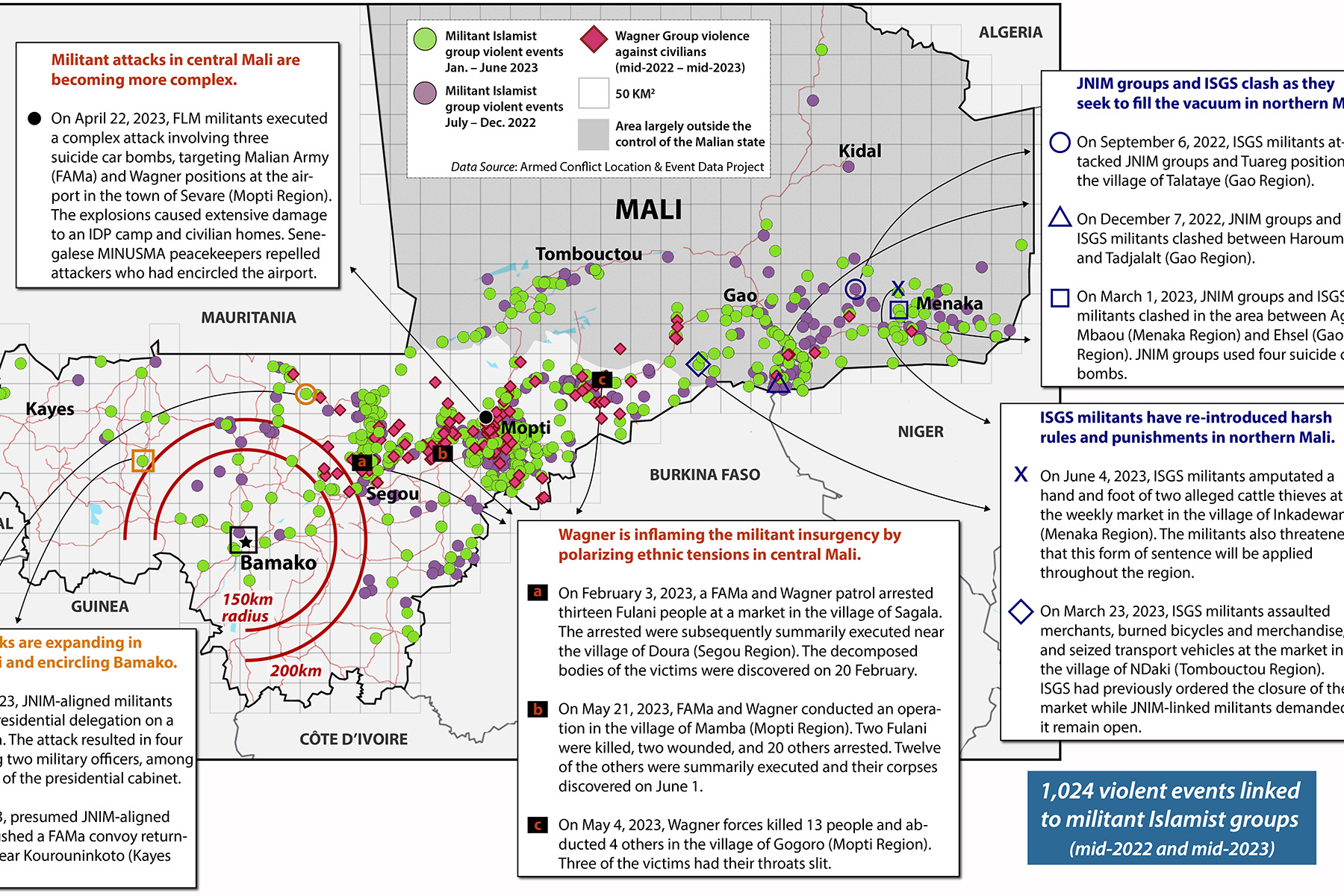
Mali Catastrophe Accelerating under Junta Rule – Africa Center for Strategic Studies
The threat of militant Islamist groups is spreading to all parts of Mali as the military junta stakes its claim to stay in power indefinitely.
 africacenter.org
africacenter.org
Malian Military Junta Scuttles Security Partnerships while Militant Violence Surges
February 27, 2023
The military junta in Mali has alienated regional and international security partners amid escalating violence by militant Islamist groups, leading to a spike in civilian fatalities.
Map of Militant Islamist Group Activity in 2022
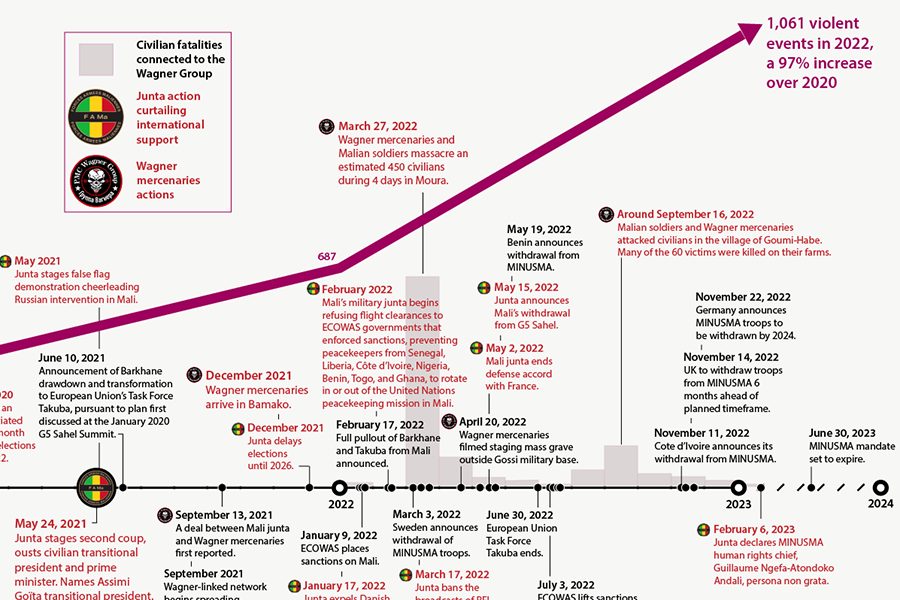
Mali Junta Scuttles Security Partnerships while Violence Surges
The military junta in Mali has alienated regional and international security partners amid escalating violence by militant Islamist groups.
 africacenter.org
africacenter.org
Fatalities from Militant Islamist Violence in Africa Surge by Nearly 50 Percent
February 6, 2023
Continuing a decade-long upward trend, violent events linked to militant Islamist groups in Africa increased by 22 percent while fatalities surged by 48 percent over the past year.
“Non-Transition” Orchestrated by Chad’s Military Government Goes Awry
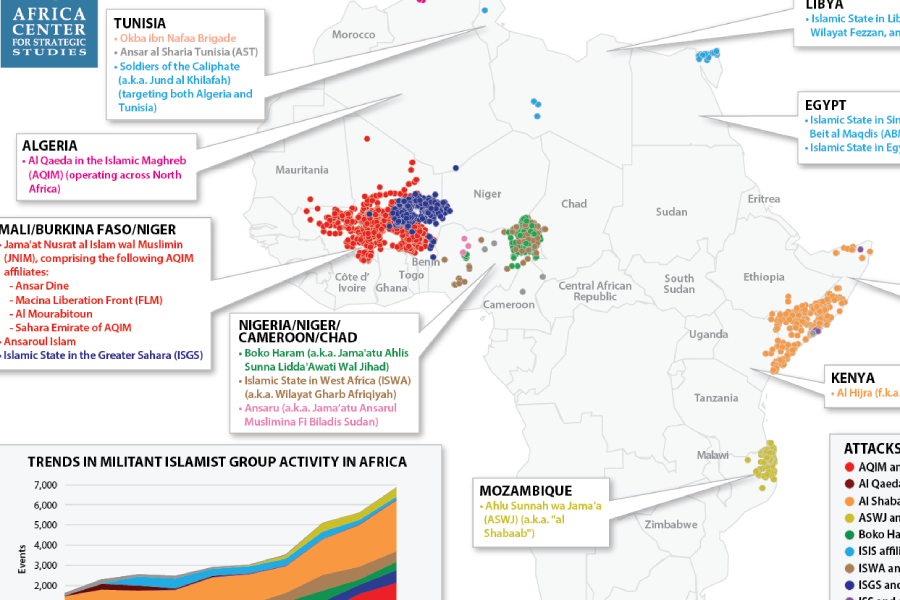
Fatalities from Islamist Violence in Africa Up Nearly 50%
Continuing a decade-long trend, Islamist violence in Africa increased by 22 percent while fatalities surged by 48 percent over the past year.
 africacenter.org
africacenter.org
“Transition” Orchestrated by Chad’s Military Goes Awry
By Daniel Eizenga
November 15, 2022
The violent crackdown on the peaceful opposition in Chad exposes the coercive intimidation behind the military junta’s unwillingness to facilitate a genuine democratic transition.
Understanding Burkina Faso’s Latest Coup
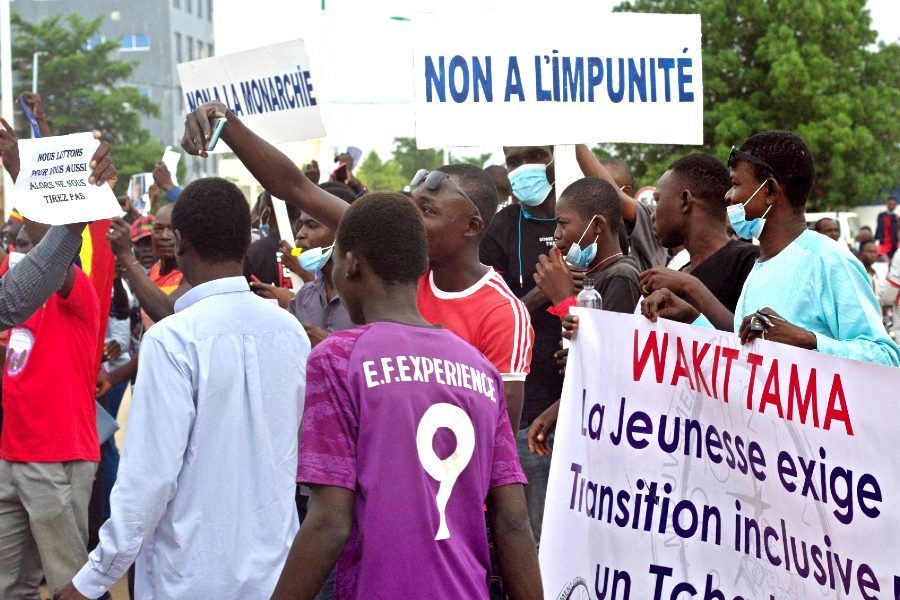
“Transition” Orchestrated by Chad’s Military Goes Awry – Africa Center for Strategic Studies
The violent crackdown on the peaceful opposition in Chad exposes the the junta’s unwillingness to facilitate a democratic transition.
 africacenter.org
africacenter.org
Understanding Burkina Faso’s Latest Coup
October 28, 2022
Two coups d’état in 9 months mark the latest inflection point in Burkina Faso’s political instability, causing heightened uncertainty as the country faces an escalating militant Islamist threat.
Five Zones of Militant Islamist Violence in the Sahel
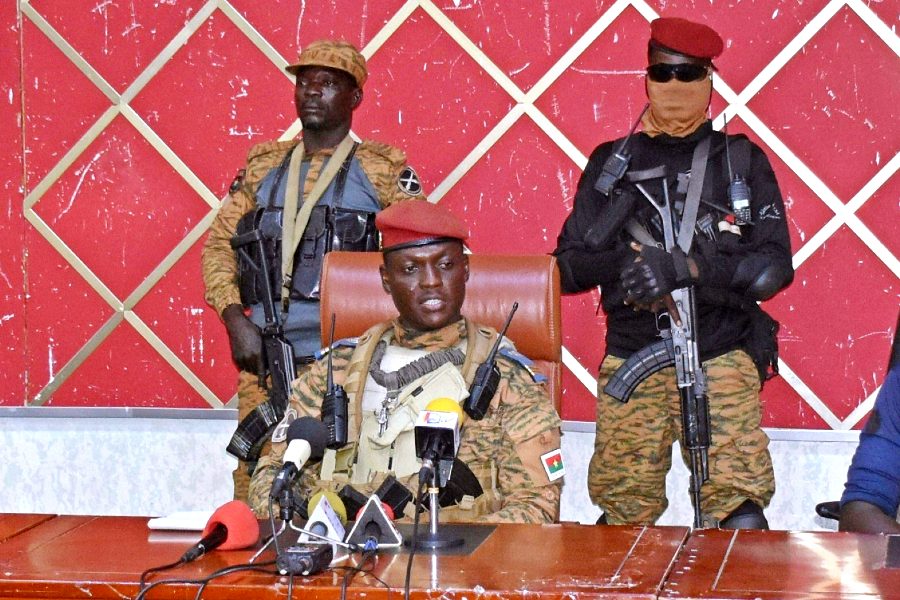
Understanding Burkina Faso’s Latest Coup
Two coups d’état in 9 months have causing heightened uncertainty as Burkina Faso faces an escalating militant Islamist threat.
 africacenter.org
africacenter.org
Five Zones of Militant Islamist Violence in the Sahel
September 26, 2022
The deterioration of the security environment in the western Sahel is marked by an array of differing actors, drivers, and motivations, calling for contextualized responses.
Mali’s Militant Islamist Insurgency at Bamako’s Doorstep
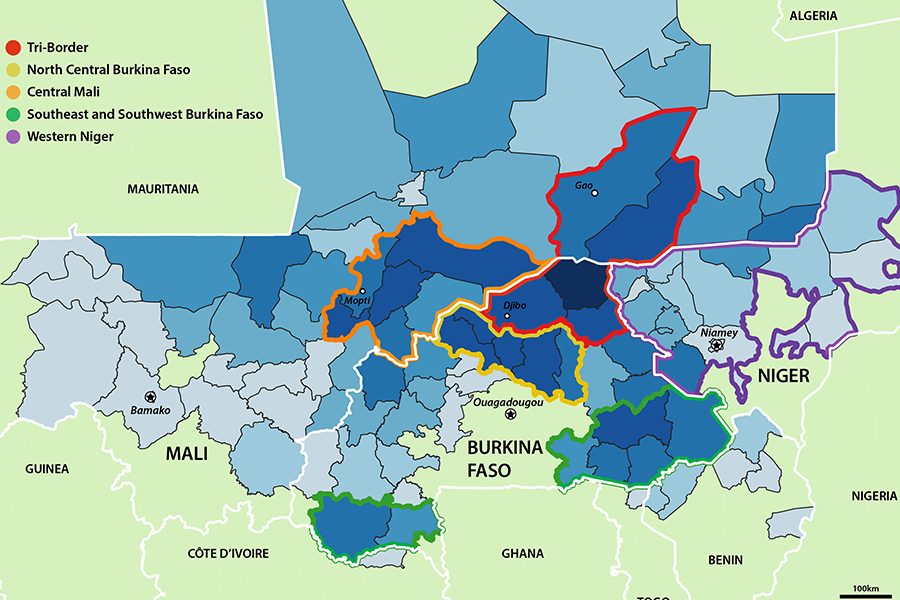
Five Zones of Militant Islamist Violence in the Sahel
The spike in violence in the western Sahel is marked by differing actors, drivers, and motivations, calling for contextualized responses.
 africacenter.org
africacenter.org
Mali’s Militant Islamist Insurgency at Bamako’s Doorstep
August 29, 2022
Militant Islamist group violence is accelerating in Mali, advancing a complex insurgency in north, central, and increasingly southern Mali that further threatens the country’s stability.
ASB41EN Strengthening Sahelian Counterinsurgency Capacity
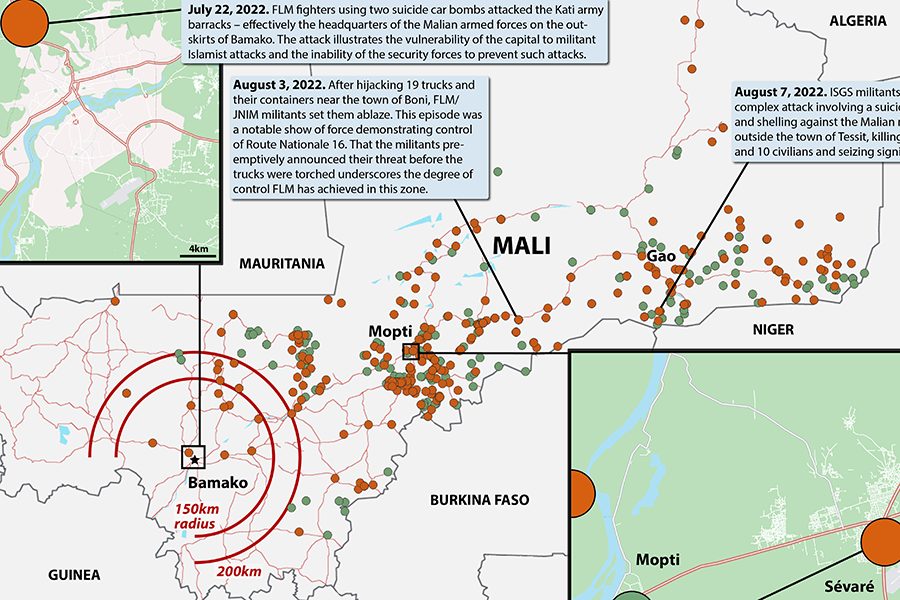
Mali’s Militant Islamist Insurgency at Bamako’s Doorstep – Africa Center for Strategic Studies
Militant Islamist group violence is accelerating in Mali, advancing a complex insurgency in north, central, and increasingly southern Mali that further threatens the country’s stability.
 africacenter.org
africacenter.org
Strengthening Sahelian Counterinsurgency Strategy
By Michael Shurkin
July 25, 2022
Adapting Sahelian force structures to lighter, more mobile, and integrated units will better support the population-centric COIN practices needed to reverse the escalating trajectory of violent extremist attacks.
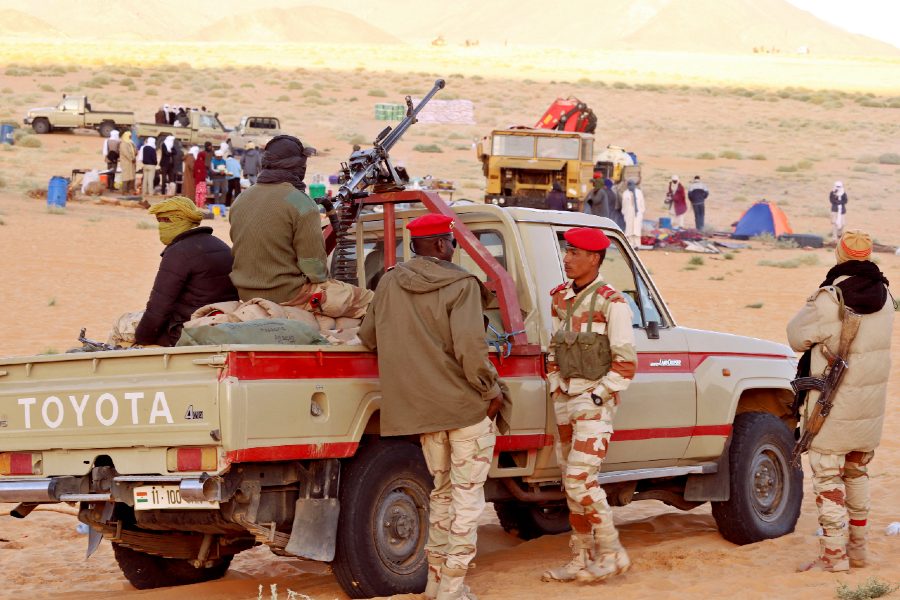
Strengthening Sahelian Counterinsurgency Strategy – Africa Center for Strategic Studies
Lighter, more mobile, and integrated units will better support counterinsurgency practices needed to reverse extremist attacks in the Sahel.
 africacenter.org
africacenter.org
Record 36 Million Africans Forcibly Displaced
July 19, 2022
Conflict continues to drive Africa’s record levels of population displacement. Africa’s 36 million forcibly displaced persons represent 44 percent of the global total.
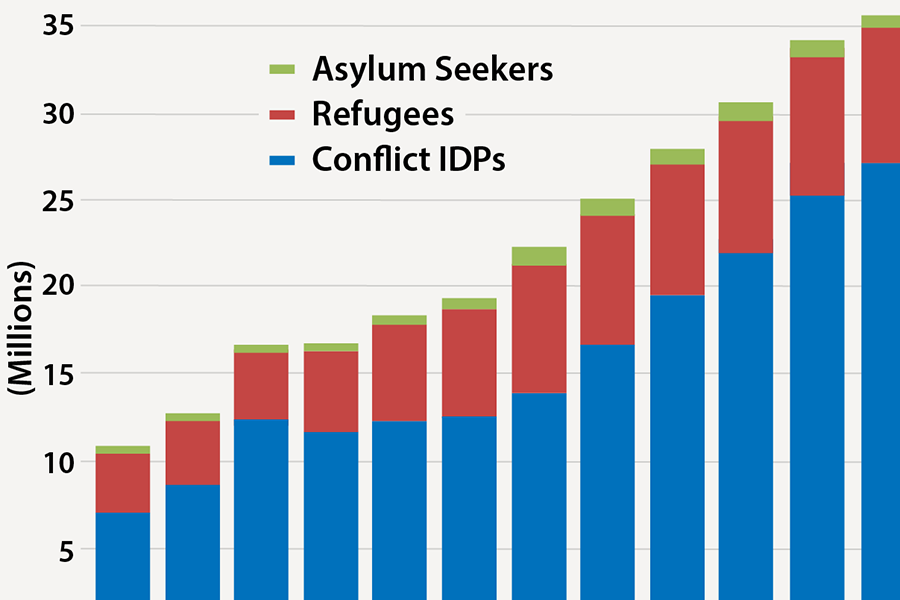
Record 36 Million Africans Forcibly Displaced – Africa Center for Strategic Studies
Conflict continues to drive Africa’s record levels of population displacement. Africa’s 36 million forcibly displaced persons represent 44 percent of the global total.
 africacenter.org
africacenter.org
Mapping Disinformation in Africa
April 26, 2022
Russia has pioneered a model of disinformation to gain political influence in Africa that is now being replicated by other actors across the continent.
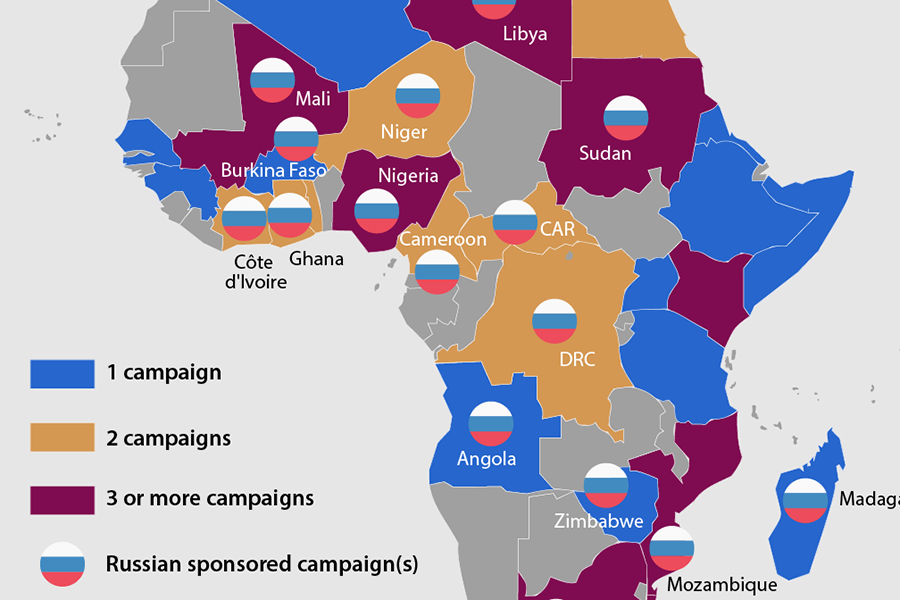
Mapping Disinformation in Africa – Africa Center for Strategic Studies
Russia has pioneered a model of disinformation to gain political influence in Africa that is now being replicated by other actors across the continent.
 africacenter.org
africacenter.org
Debunking the Malian Junta’s Claims
April 12, 2022
Mali’s military coup has thrust the country into a deeper security crisis as the junta quashes dissent and resists a democratic transition.
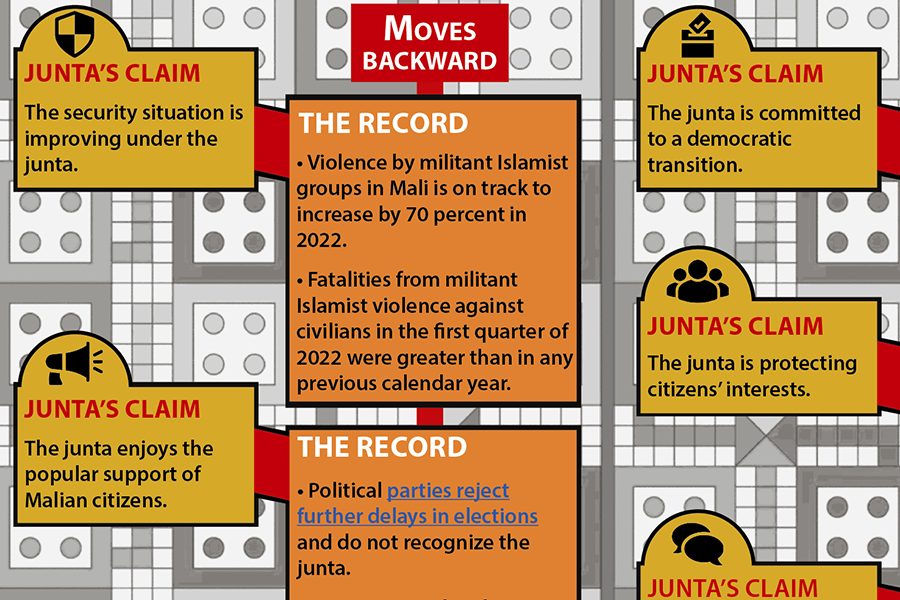
Debunking the Malian Junta’s Claims – Africa Center for Strategic Studies
Mali’s military coup has thrust the country into a deeper security crisis as the junta quashes dissent and resists a democratic transition.
 africacenter.org
africacenter.org
The Growing Threat of Violent Extremism in Coastal West Africa
By Leif Brottem
March 15, 2022
Sahelian militant Islamist groups are threatening border areas of littoral states where grievances held by pastoralist communities may provide an entry point for extremist interests.
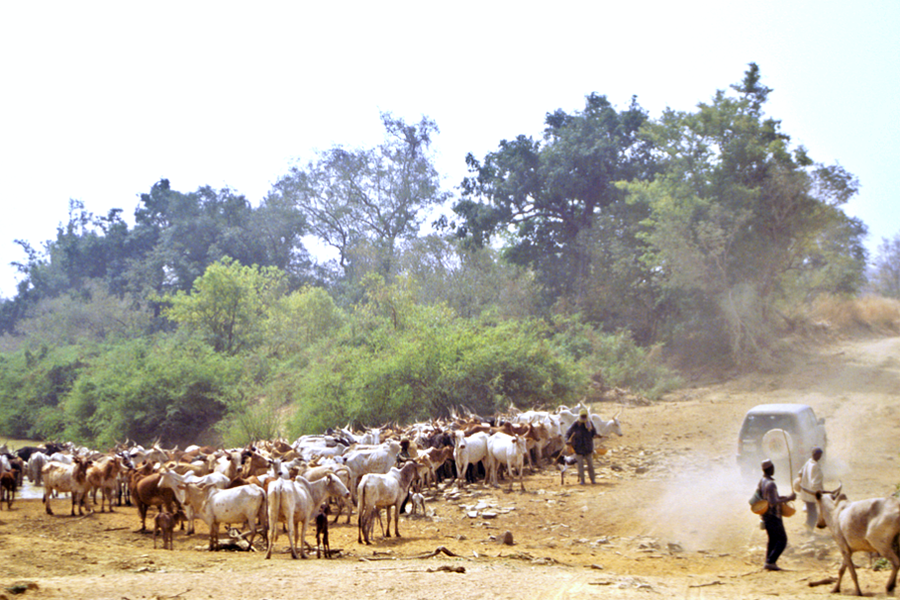
The Growing Threat of Violent Extremism in Coastal West Africa – Africa Center for Strategic Studies
Sahelian militant Islamist groups are threatening border areas of littoral states where grievances held by pastoralist communities may provide an entry point for extremist interests.
 africacenter.org
africacenter.org
Trajectories of Violence Against Civilians by Africa’s Militant Islamist Groups
By Anouar Boukhars
February 8, 2022
Extremist group violence against civilians is driven by context-specific factors—outgroup grievances, intimidation to control territory, and a response to heavy-handed security responses—that require enhanced community-level mitigation and military professionalism.
Surge in Militant Islamist Violence in the Sahel Dominates Africa’s Fight against Extremists
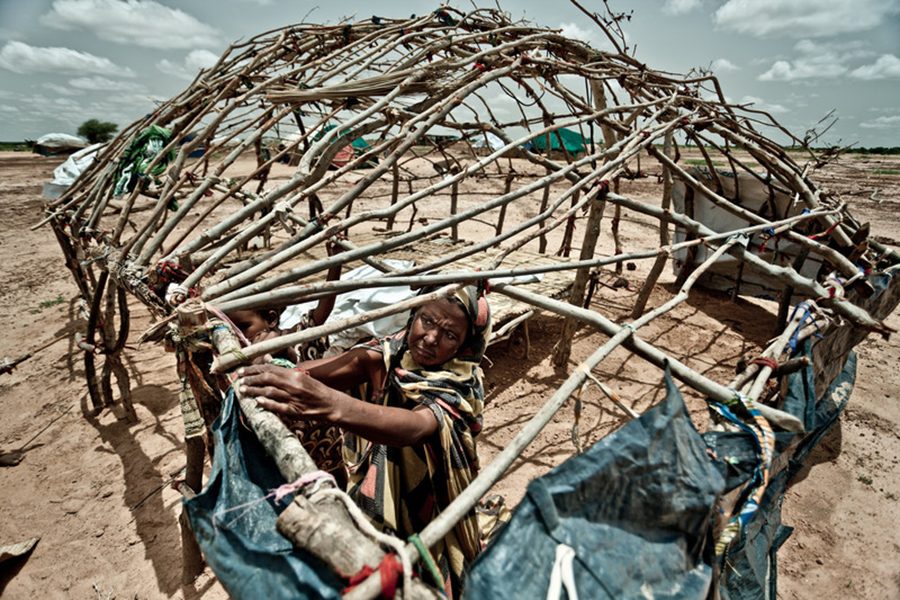
Trajectories of Violence Against Civilians by Africa’s Militant Islamist Groups – Africa Center for Strategic Studies
Extremist group violence against civilians is driven by context-specific factors—outgroup grievances, intimidation to control territory, and a response to heavy-handed security responses—that require enhanced community-level mitigation and military professionalism.
 africacenter.org
africacenter.org
Surge in Militant Islamist Violence in the Sahel Dominates Africa’s Fight against Extremists
January 24, 2022
A 70-percent annual increase in violent events linked to militant Islamist groups in the Sahel propelled a new record of extremist violence in Africa in 2021.
A Crucial Moment in Chad’s Transition
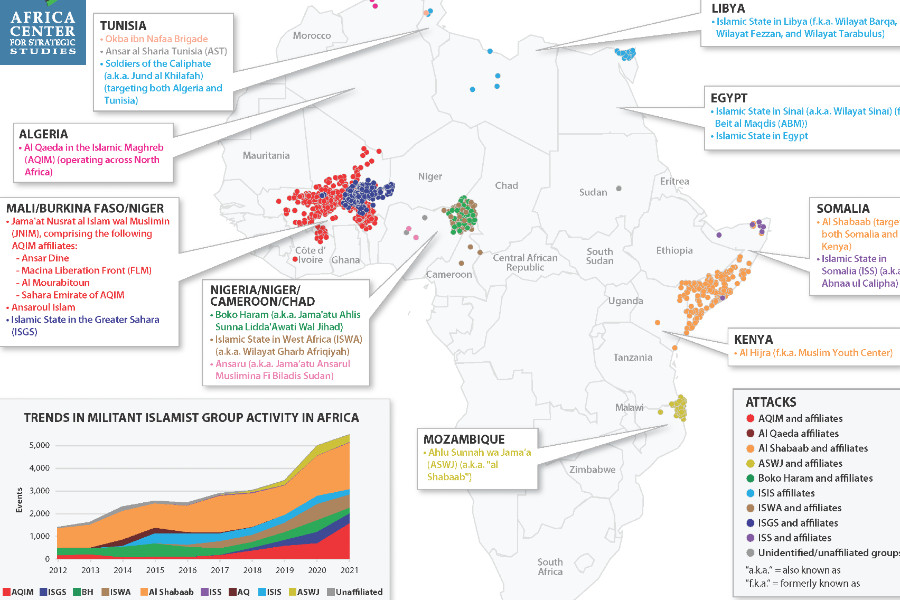
Surge in Militant Islamist Violence in the Sahel Dominates Africa’s Fight against Extremists – Africa Center for Strategic Studies
A 70-percent annual increase in violent events linked to militant Islamist groups in the Sahel propelled a new record of violent extremist violence in Africa in 2021.
 africacenter.org
africacenter.org
A Crucial Moment in Chad’s Transition
By Daniel Eizenga
December 17, 2021
Chad's national dialogue will not achieve stability or peace as long as those who support civilian rule and civilian transition continue to be excluded from the transition.
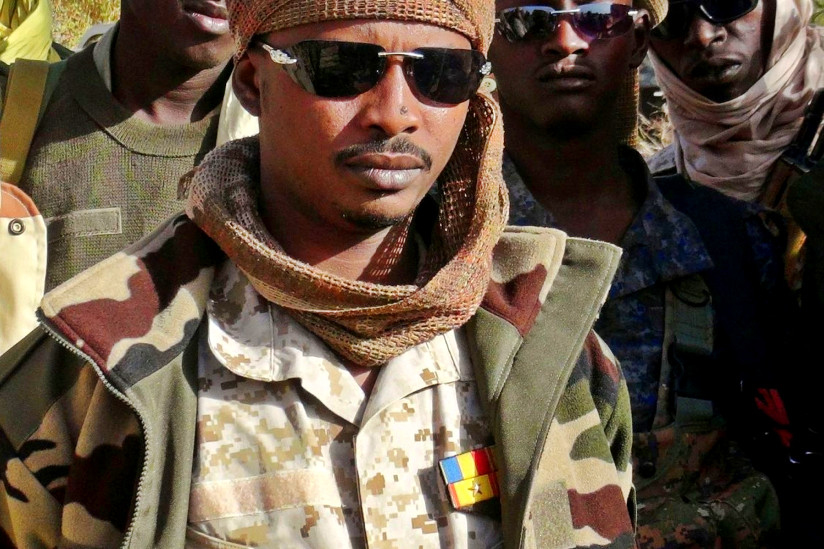
A Crucial Moment in Chad’s Transition – Africa Center for Strategic Studies
At the end of last month, Chad’s military junta, the Conseil Militaire de Transition (CMT), declared a general amnesty for nearly 300 individuals charged
 africacenter.org
africacenter.org
What the Post-Coup Agreement Means for Sudan’s Democratic Transition
By Joseph Siegle
November 24, 2021
Sudan’s democratic transition is under duress as the military seeks validation for its hold on power via the reinstatement of a figurehead civilian prime minister.
Russia's Wagner Play Undermines the Transition in Mali
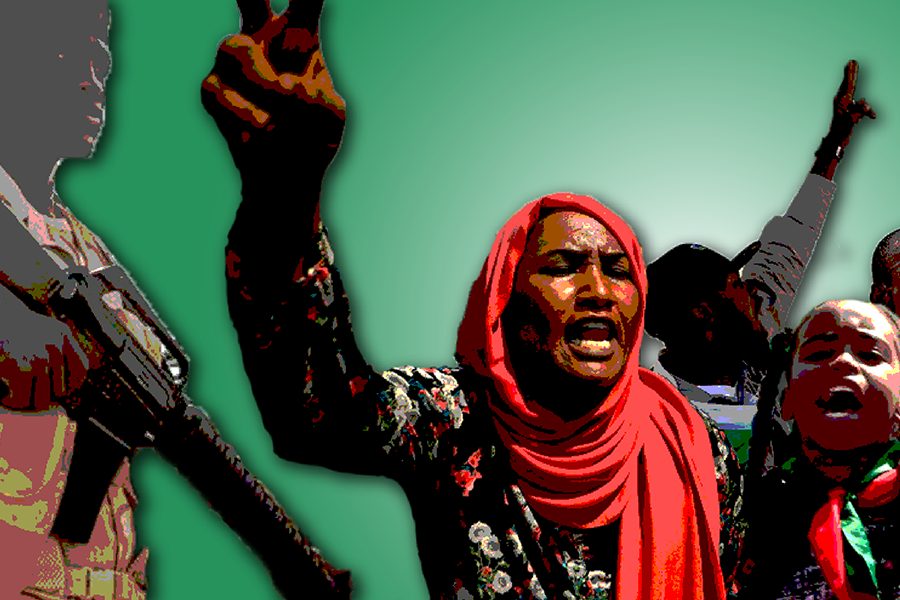
What the Post-Coup Agreement Means for Sudan’s Democratic Transition – Africa Center for Strategic Studies
Sudan’s democratic transition is under duress as the military seeks validation for its hold on power via the reinstatement of a figurehead civilian prime minister.
 africacenter.org
africacenter.org
Russia’s Wagner Play Undermines the Transition in Mali
By Joseph Siegle and Daniel Eizenga
September 23, 2021
The prospective deployment of Russia’s Wagner mercenaries should not be confused with addressing Mali’s security situation but is a means of expanding Russian influence while propping up the military junta.
The Growing Complexity of Farmer-Herder Conflict in West and Central Africa
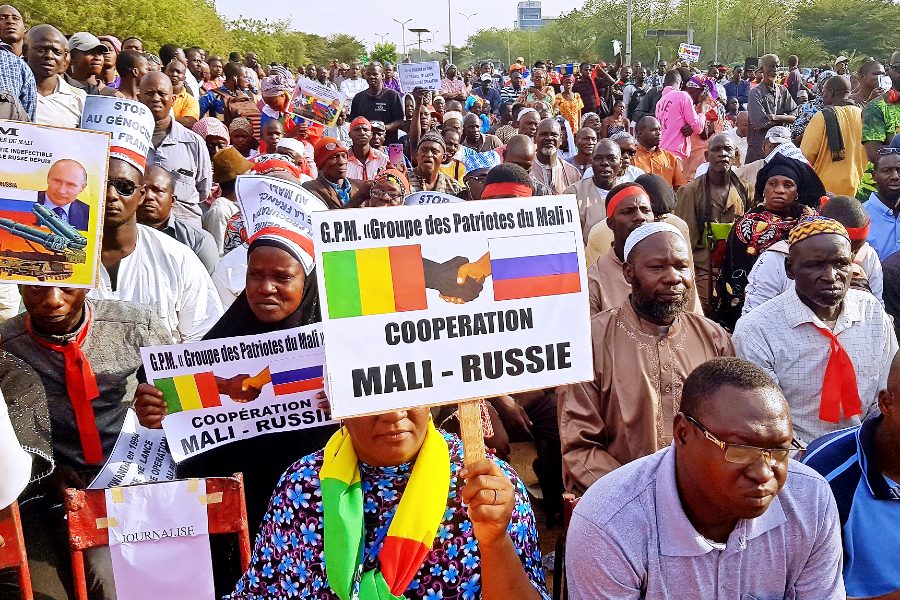
Russia's Wagner Play Undermines the Transition in Mali – Africa Center for Strategic Studies
Français | العربية Reports that Mali’s military junta has negotiated a prospective deal to bring in 1,000 Russian mercenaries from the notorious Wagner
 africacenter.org
africacenter.org
The Growing Complexity of Farmer-Herder Conflict in West and Central Africa
By Leif Brottem
July 12, 2021
The rise of farmer-herder violence in Africa is more pernicious than fatality figures alone since it is often amplified by the emotionally potent issues of ethnicity, religion, culture, and land.
Chad’s Ongoing Instability, the Legacy of Idriss Déby
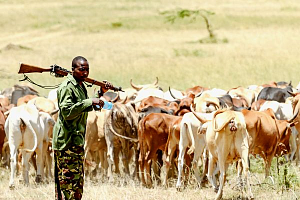
The Growing Complexity of Farmer-Herder Conflict in West and Central Africa – Africa Center for Strategic Studies
The rise of farmer-herder violence in Africa is more pernicious than fatality figures alone since it is often amplified by the emotionally potent issues of ethnicity, religion, culture, and land.
 africacenter.org
africacenter.org
Chad’s Ongoing Instability, the Legacy of Idriss Déby
By Daniel Eizenga
May 3, 2021
Idriss Déby’s death is an outcome of the ongoing instability perpetuated by his regime. The subsequent military coup d’état led by the late president’s son risks deepening political violence in this geographically strategic country.
Spike in Militant Islamist Violence in Africa Underscores Shifting Security Landscape
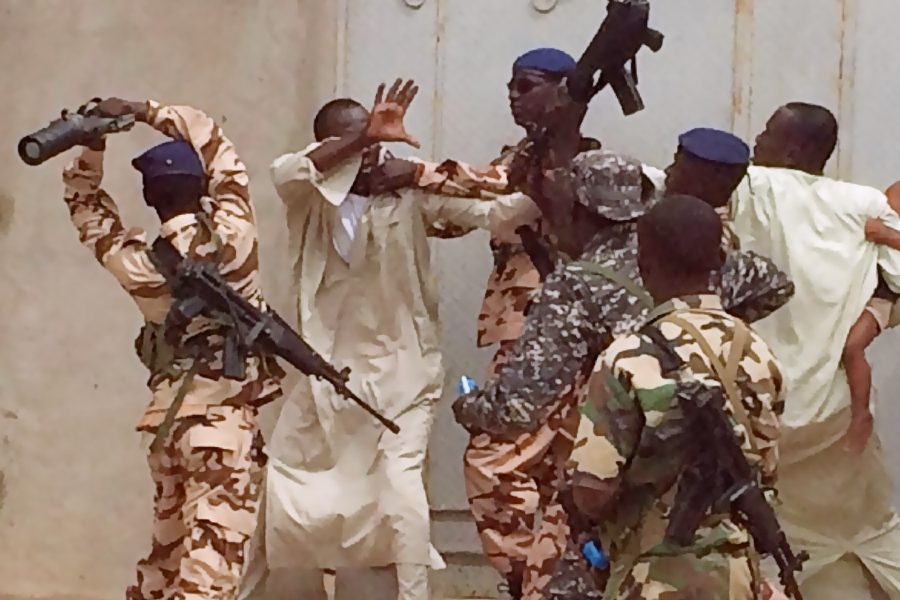
Chad’s Ongoing Instability, the Legacy of Idriss Déby – Africa Center for Strategic Studies
Idriss Déby’s death is an outcome of the instability perpetuated by his regime. The subsequent coup led by his son risks deepening violence.
 africacenter.org
africacenter.org
Spike in Militant Islamist Violence in Africa Underscores Shifting Security Landscape
January 29, 2021
A surge of violent events by militant Islamist groups in Africa, led by escalations in the Sahel and the Lake Chad Basin, sets record and widens instability.
Islamic State in the Greater Sahara Expanding Its Threat and Reach in the Sahel
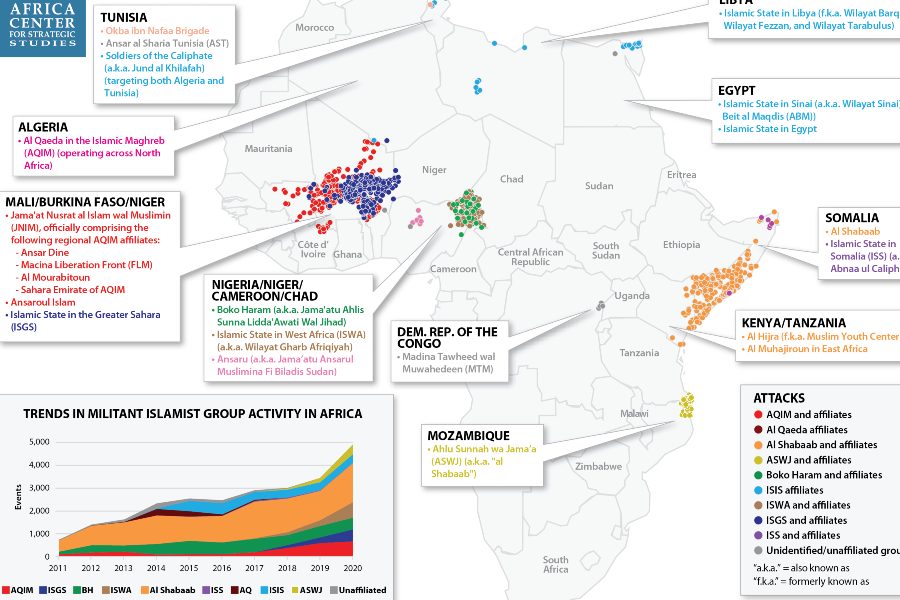
Spike in Militant Islamist Violence in Africa – Africa Center
Violent events by African Islamist groups have surged, led by escalations in the Sahel and the Lake Chad Basin.
 africacenter.org
africacenter.org
Islamic State in the Greater Sahara Expanding Its Threat and Reach in the Sahel
December 18, 2020
Violence linked to the Islamic State in the Greater Sahara (ISGS) more than doubled in the past year. Concentrated along the Burkina Faso-Niger-Mali border areas, ISGS events target civilians nearly half the time.
The Puzzle of JNIM and Militant Islamist Groups in the Sahel
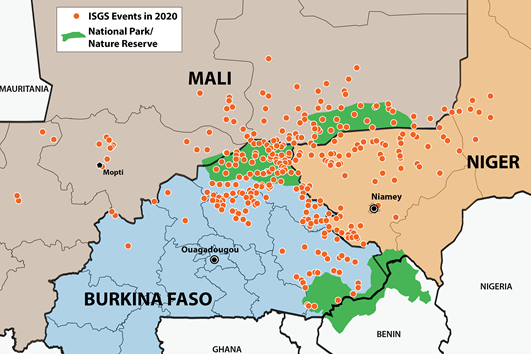
Islamic State in the Greater Sahara Expanding Its Threat and Reach in the Sahel – Africa Center for Strategic Studies
Violence linked to the ISGS more than doubled in the past year, concentrated along the Burkina Faso-Niger-Mali borders and targeting civilians nearly half the time.
 africacenter.org
africacenter.org
The Puzzle of JNIM and Militant Islamist Groups
in the Sahel
By Daniel Eizenga and Wendy Williams
December 1, 2020
Composed of distinct operational entities, the militant Islamist group coalition Jama’at Nusrat al Islam wal Muslimeen serves the role of obscuring the operations of its component parts in the Sahel, thereby inhibiting a more robust response.
The Legacy of Military Governance in Mali
The Puzzle of JNIM and Militant Islamist Groups
in the Sahel
The Legacy of Military Governance in Mali
September 25, 2020
After leading a coup against a democratically elected government, junta leader Colonel Assimi Goïta has attempted to rehabilitate the image of military government in Mali.
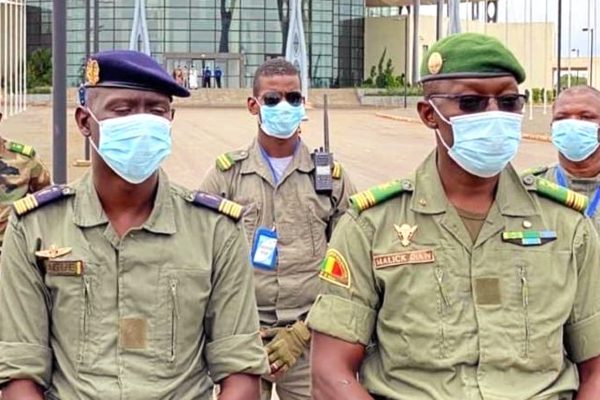
The Legacy of Military Governance in Mali – Africa Center for Strategic Studies
A military coup on August 18 led by Colonel Assimi Goïta has again pulled Mali into the orbit of military rule. This builds on a long legacy. Mali has had
 africacenter.org
africacenter.org
Mali: Beware the ‘Popular’ Coup
By Joseph Siegle and Daniel Eizenga
August 30, 2020
Rationalizing a coup because people are in the streets overlooks the reality that nearly every coup is greeted enthusiastically by some. ‘Popular support’ for the coup in Mali has masked a politicized military, opportunistic opposition figures, and Russian meddling.
Keeping Terrorism at Bay in Mauritania
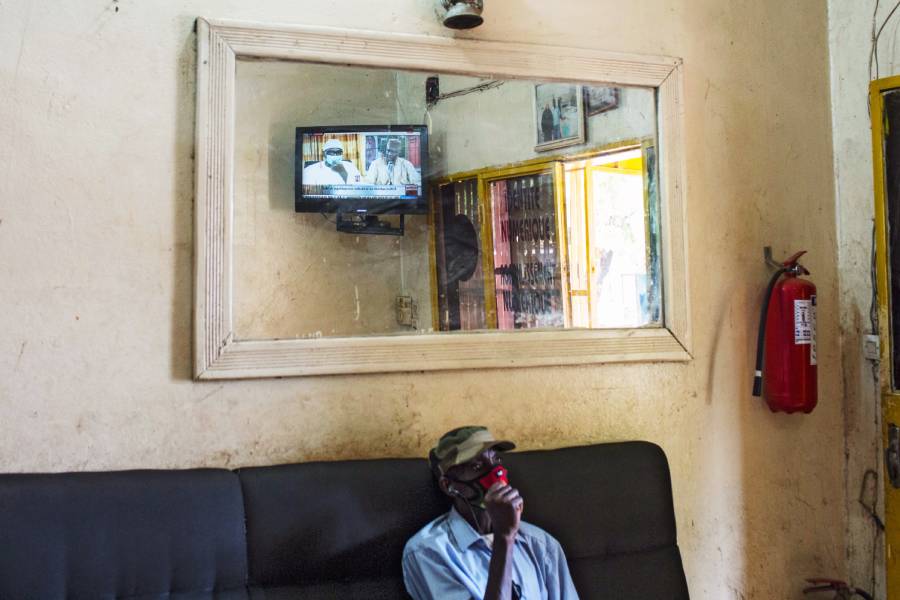
Mali: Beware the ‘Popular’ Coup – Africa Center for Strategic Studies
Thousands of cheering Malians came out onto the streets to show their support for the August 18 military coup against democratically-elected president
 africacenter.org
africacenter.org

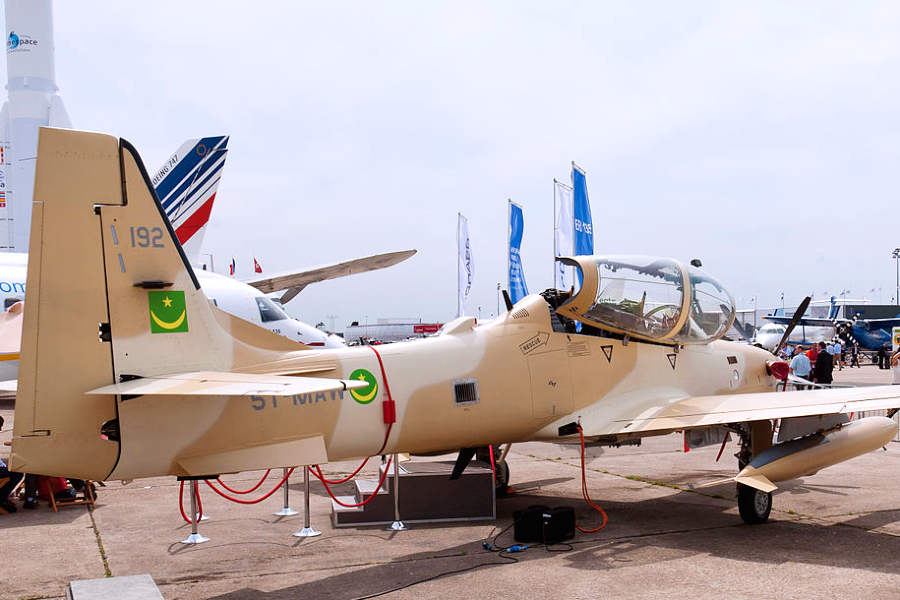
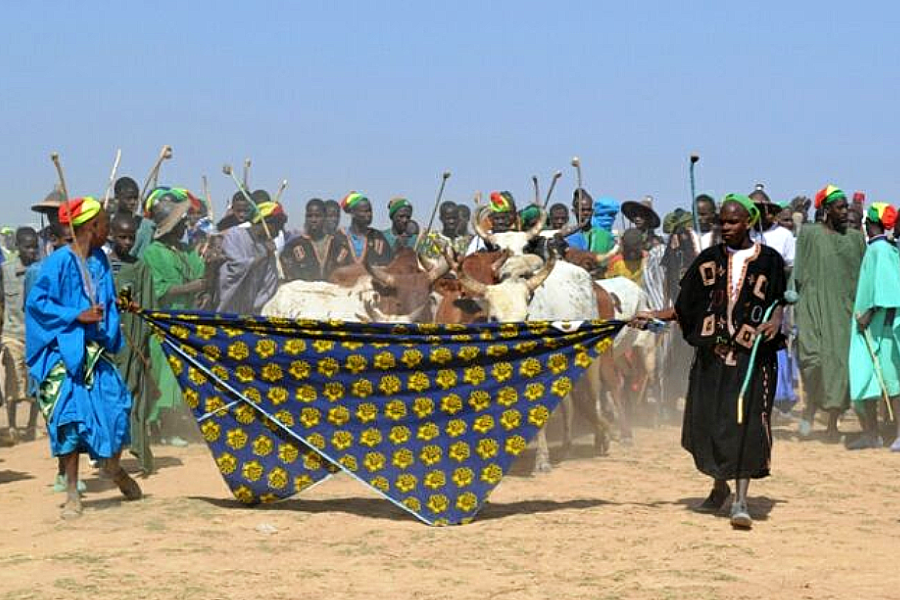
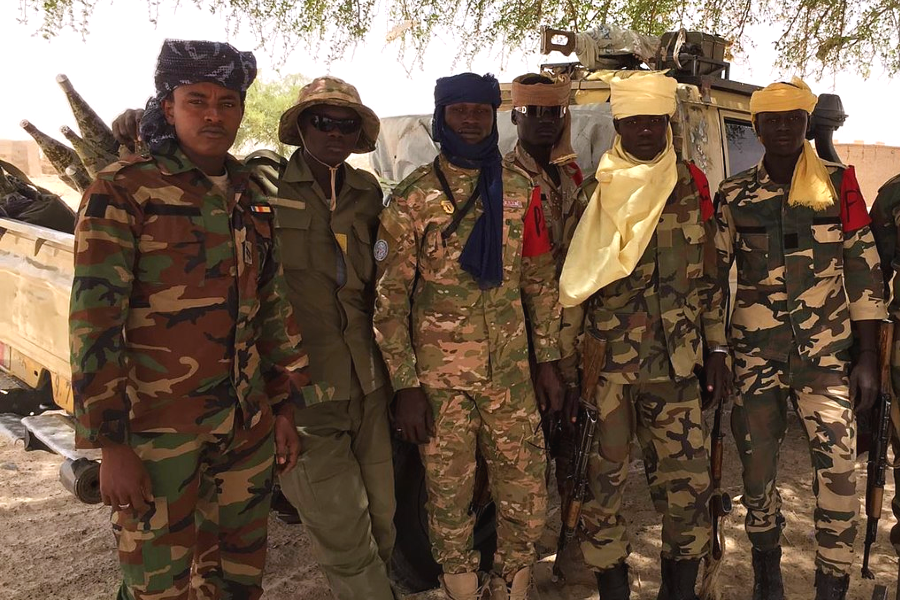
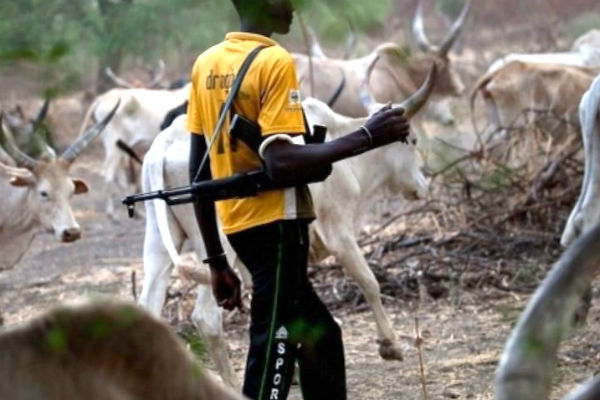
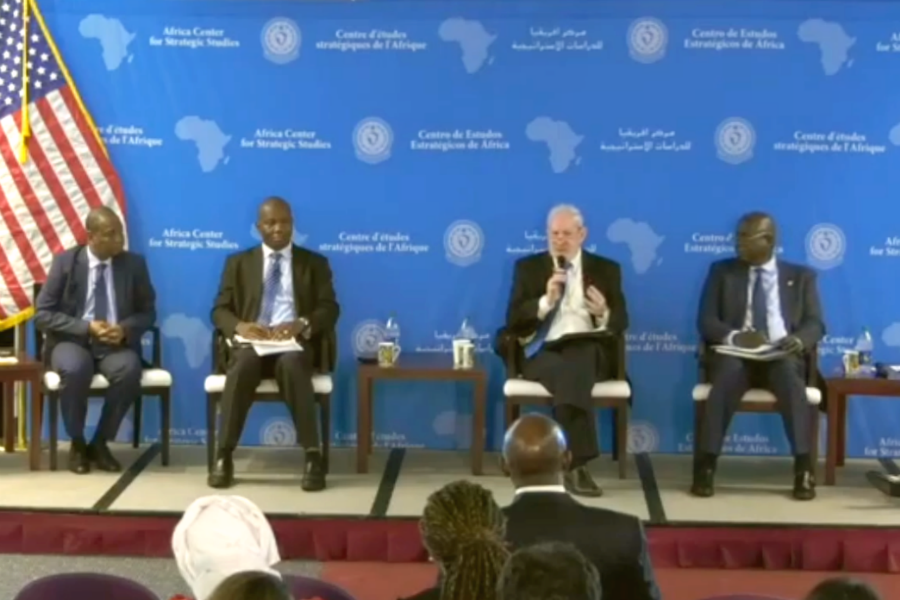
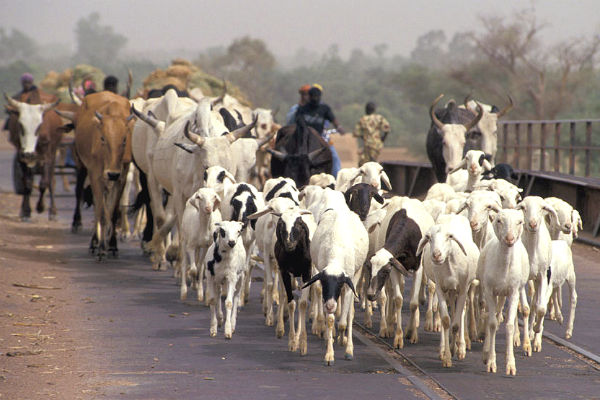
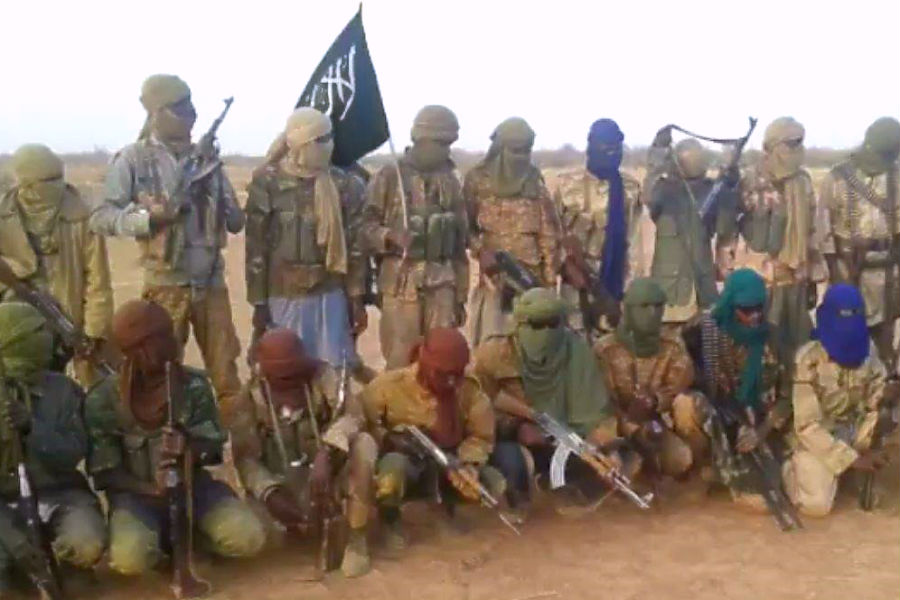
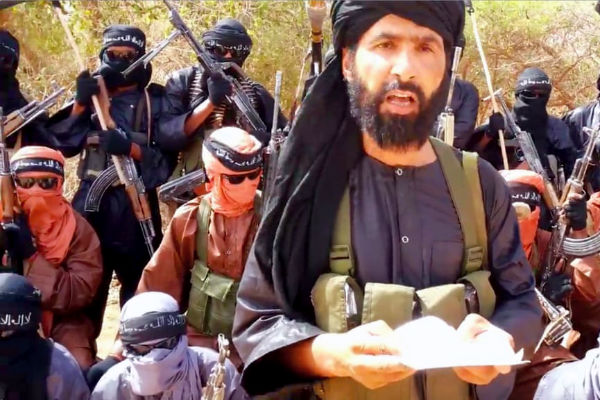
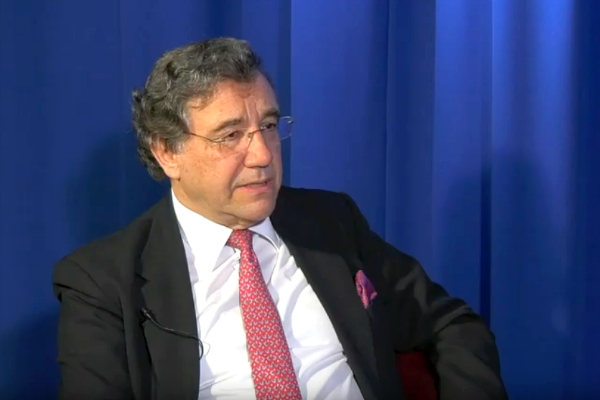
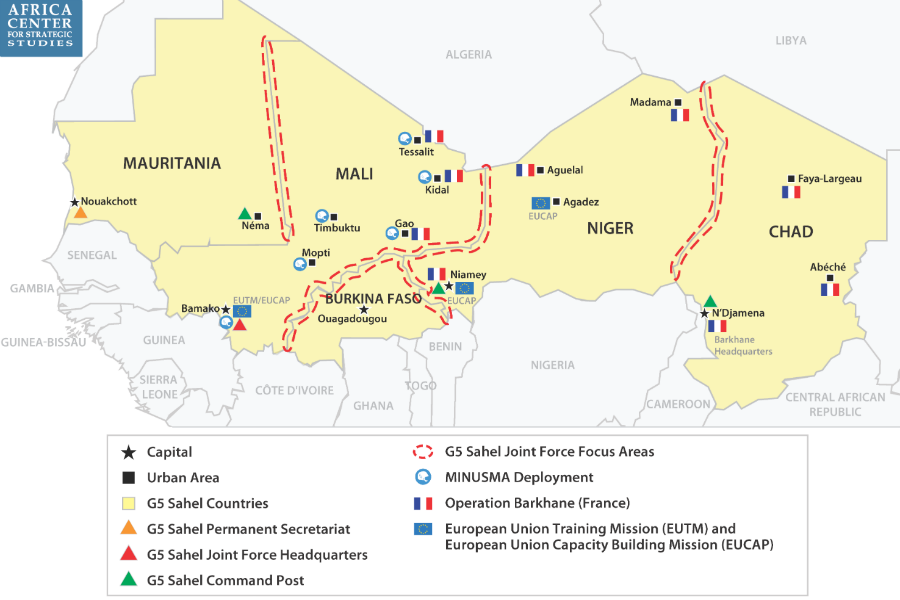
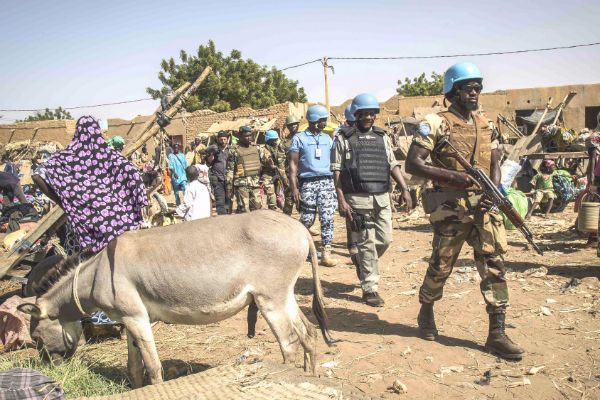
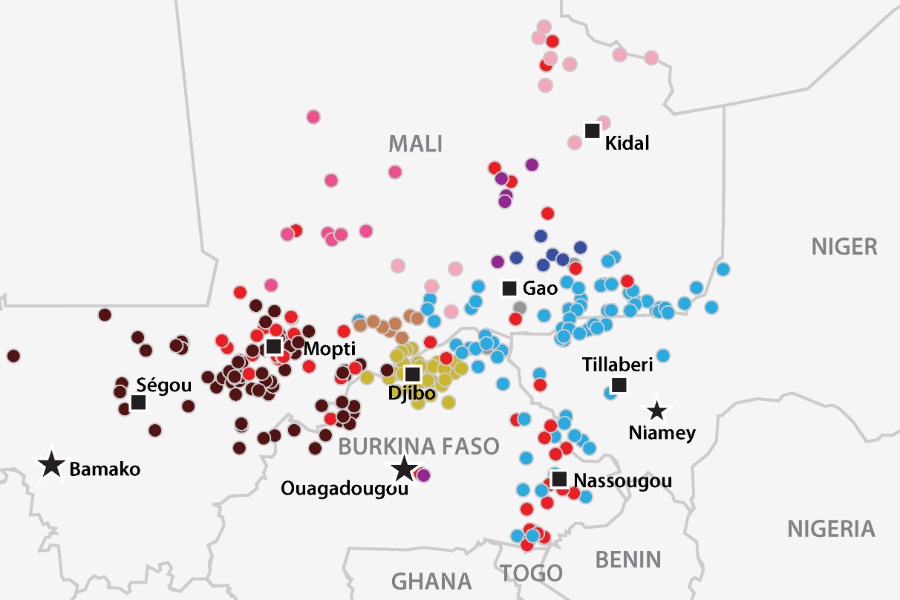
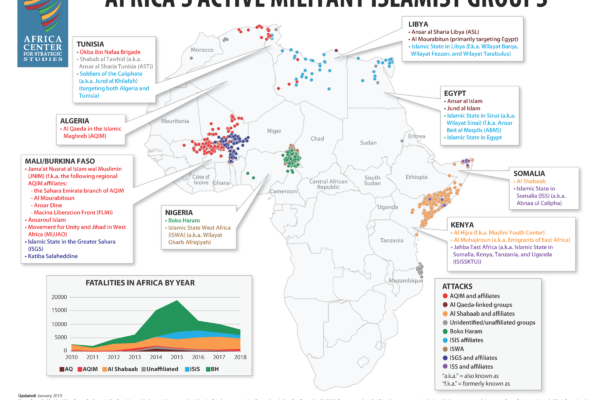
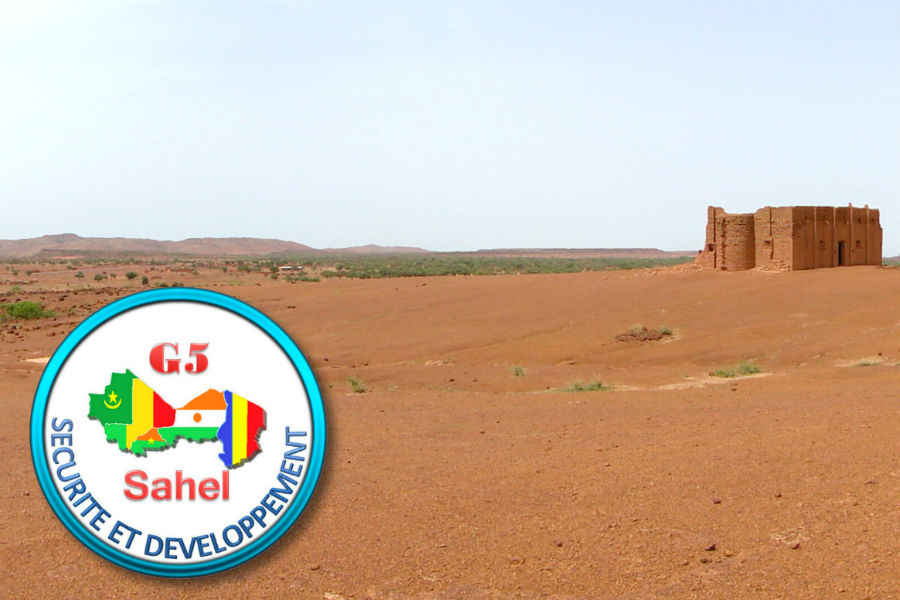
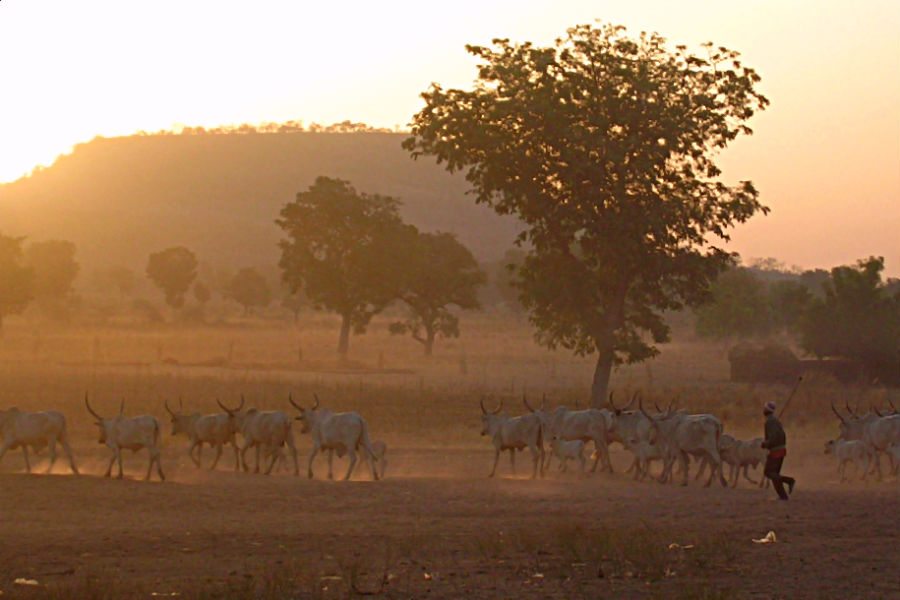
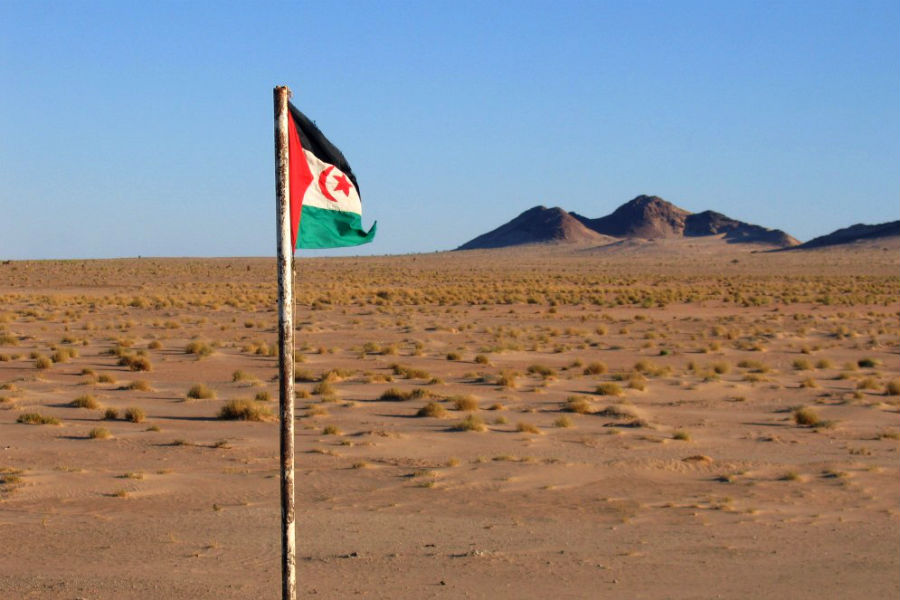
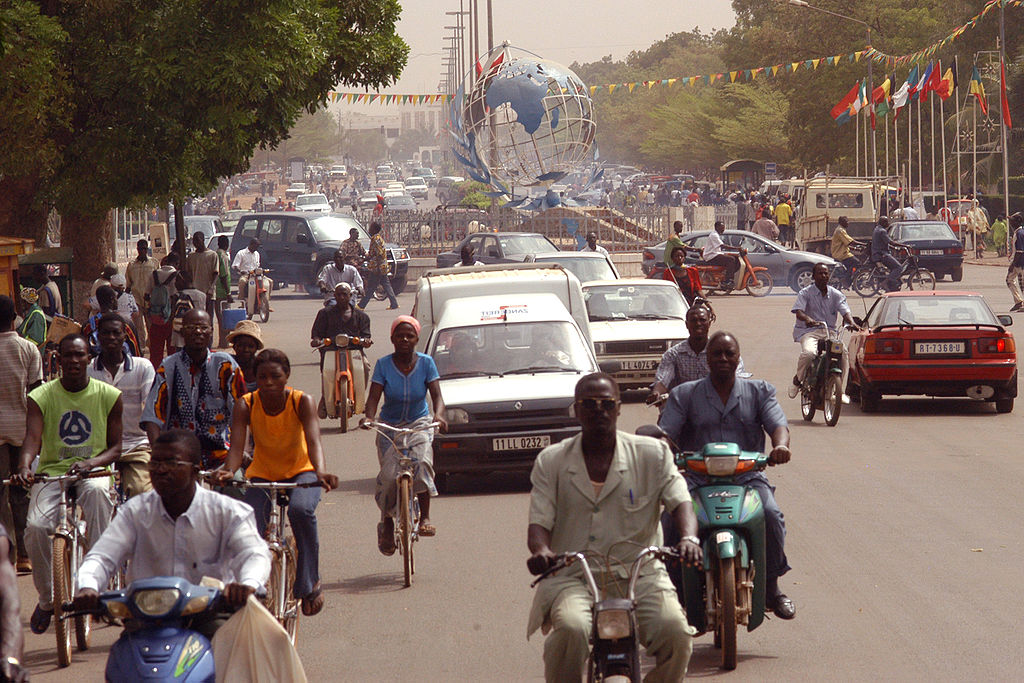
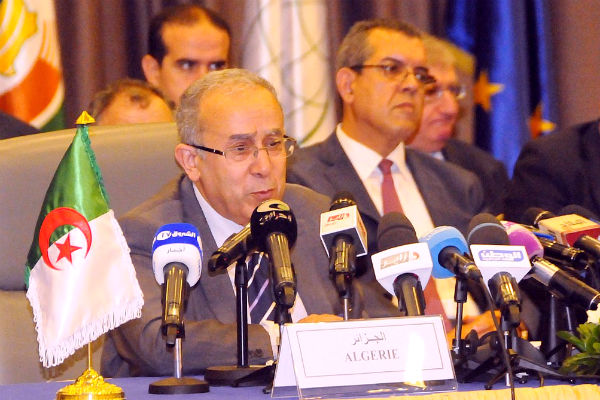
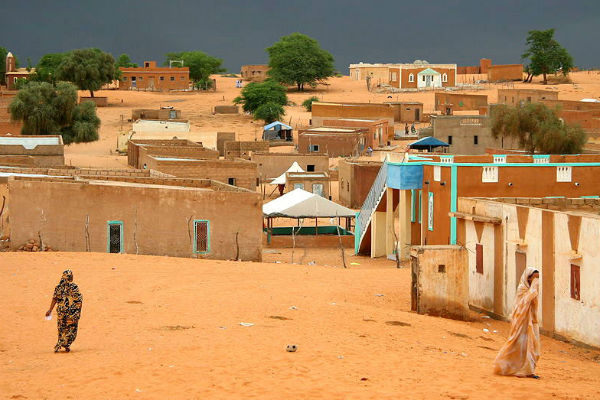
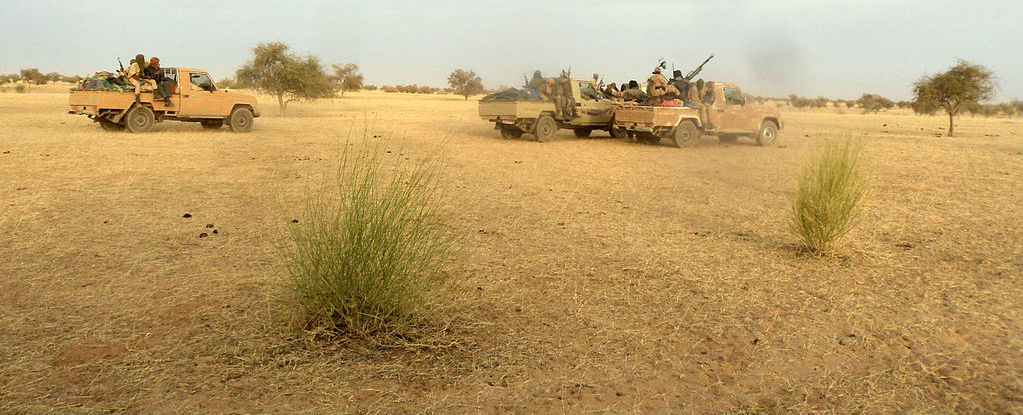


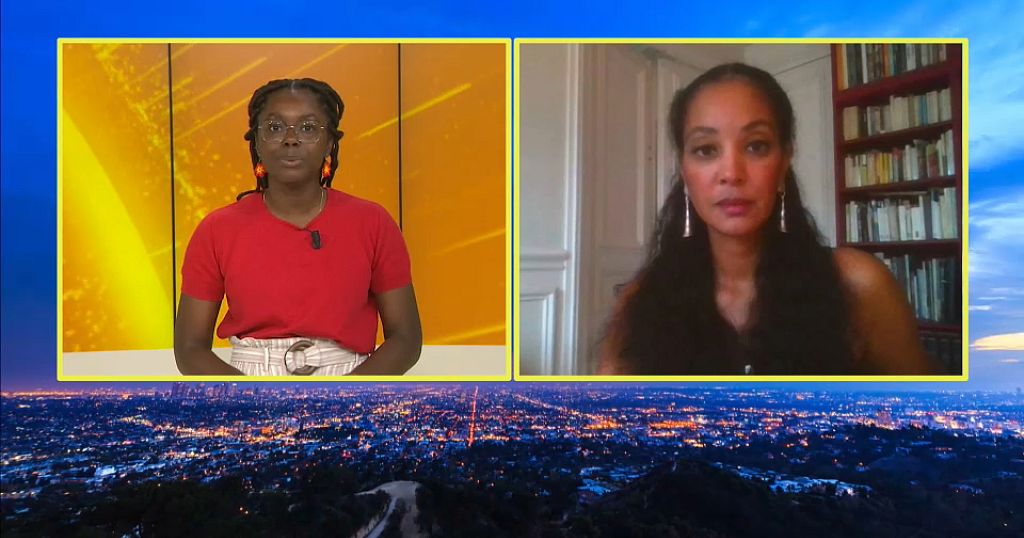
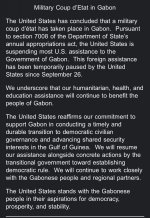
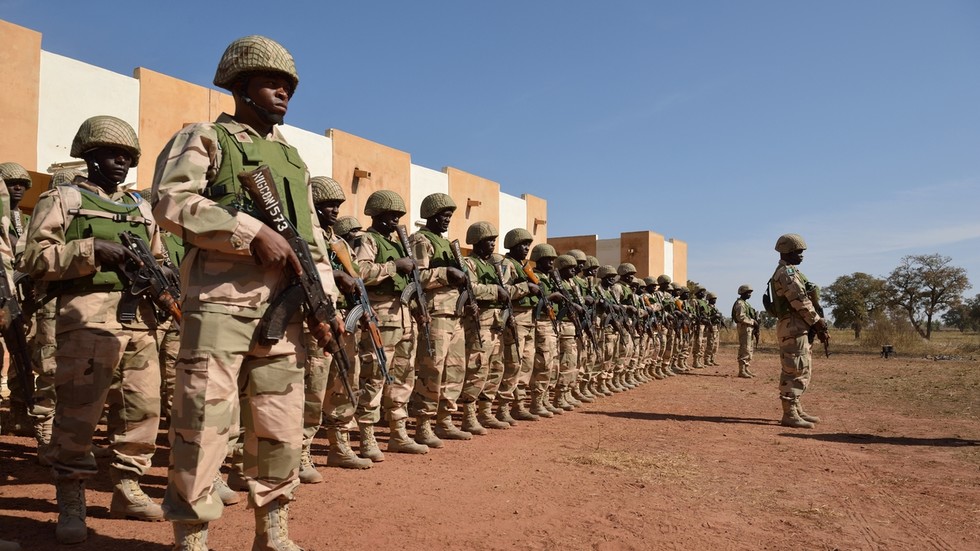

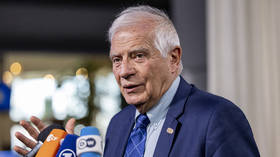 READ MORE: EU sets up sanctions for Niger coup leaders, while US wants to be ‘pragmatic’
READ MORE: EU sets up sanctions for Niger coup leaders, while US wants to be ‘pragmatic’




